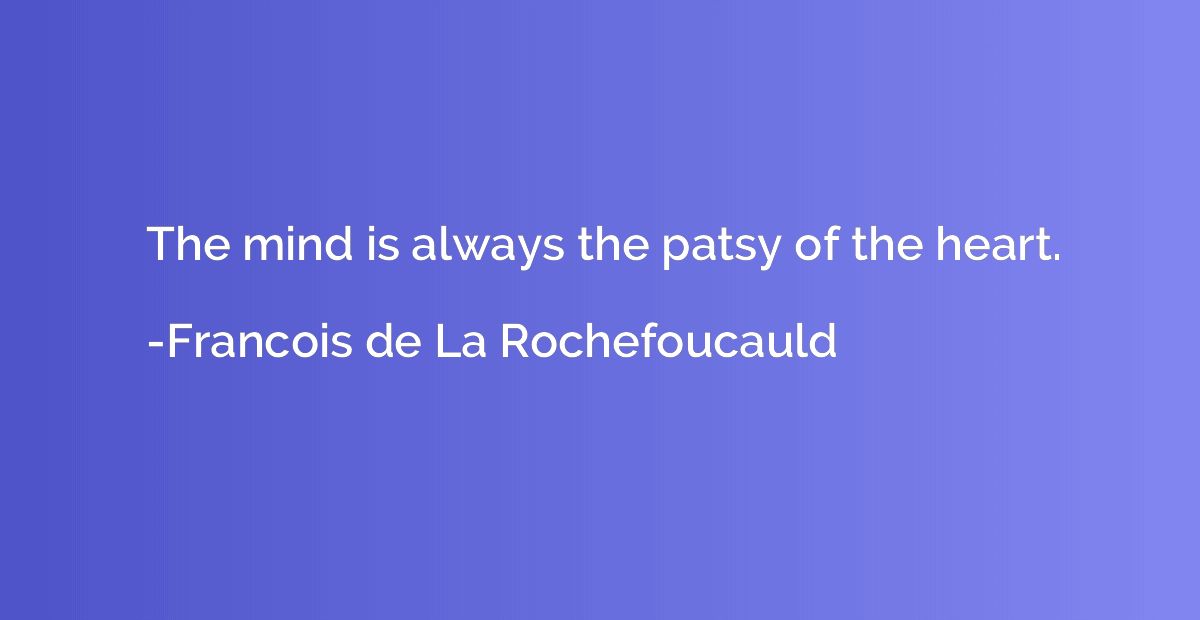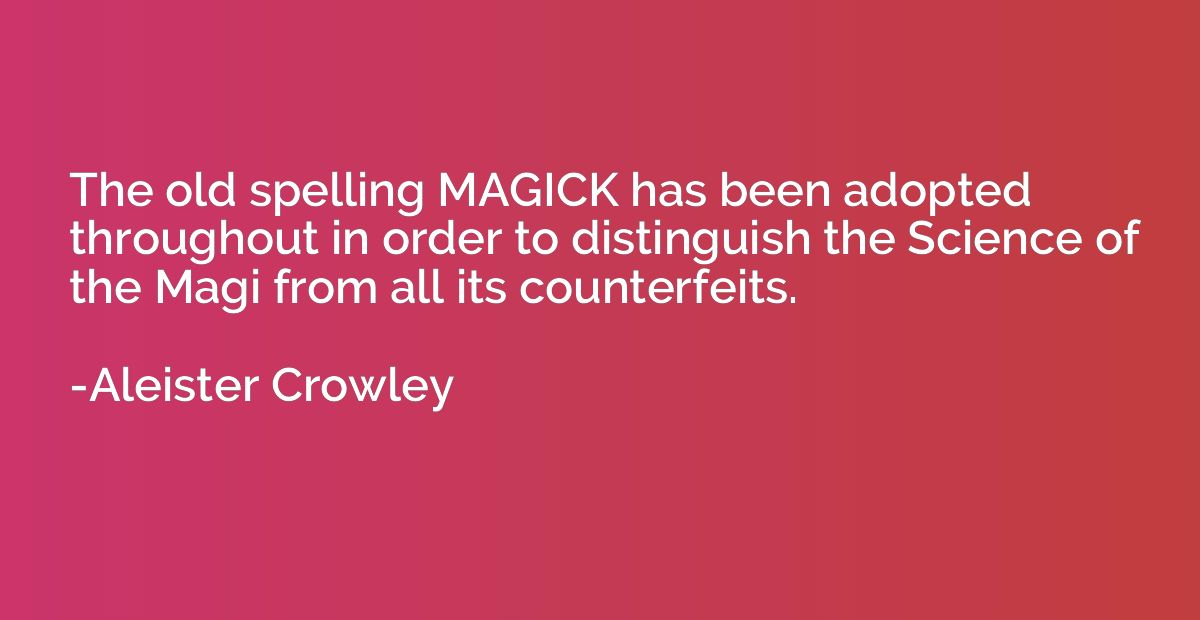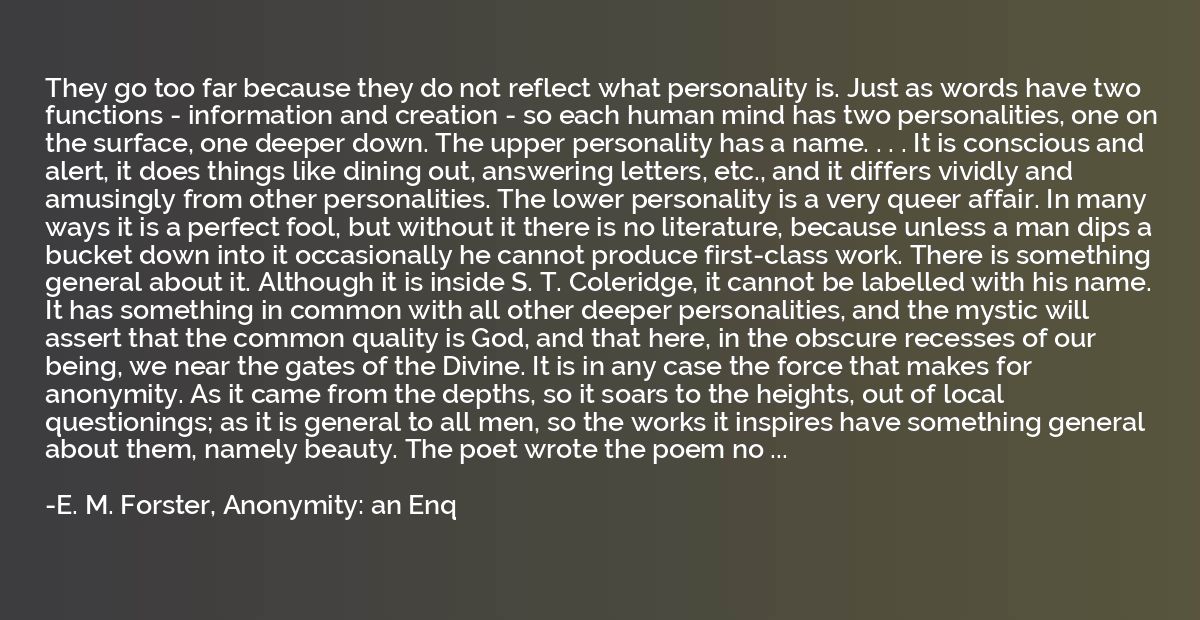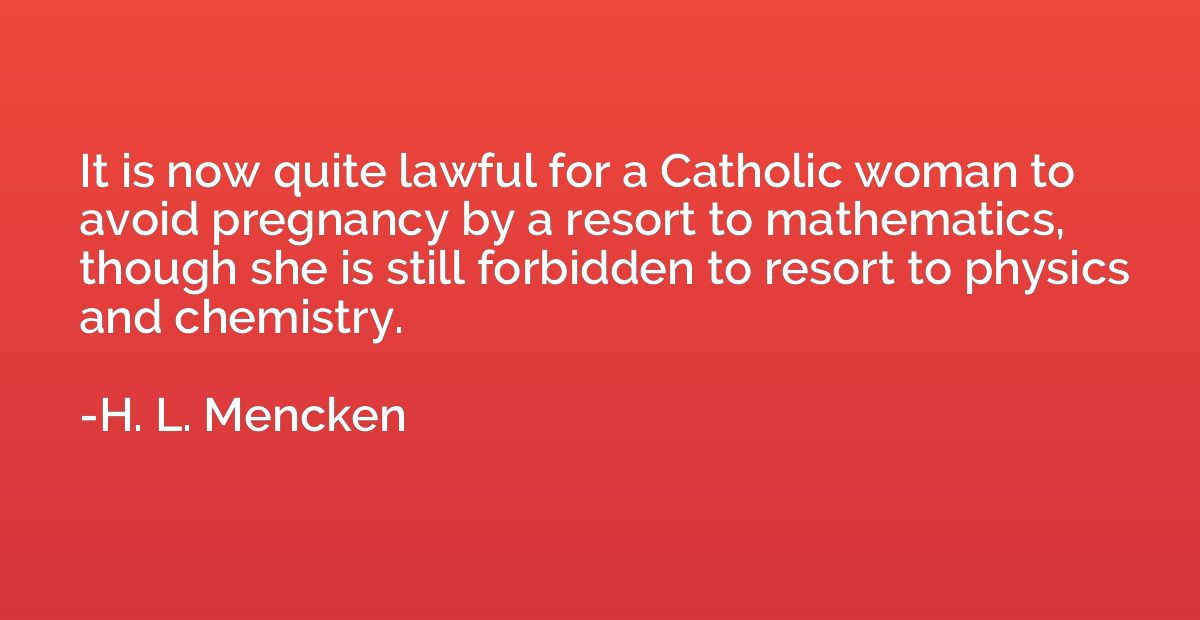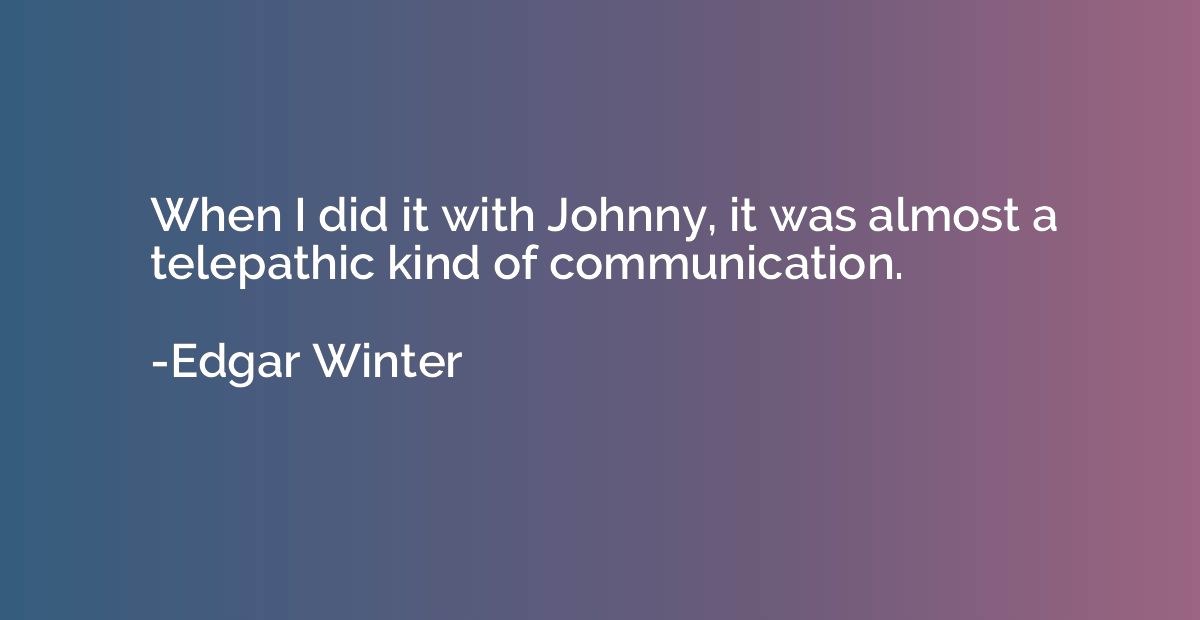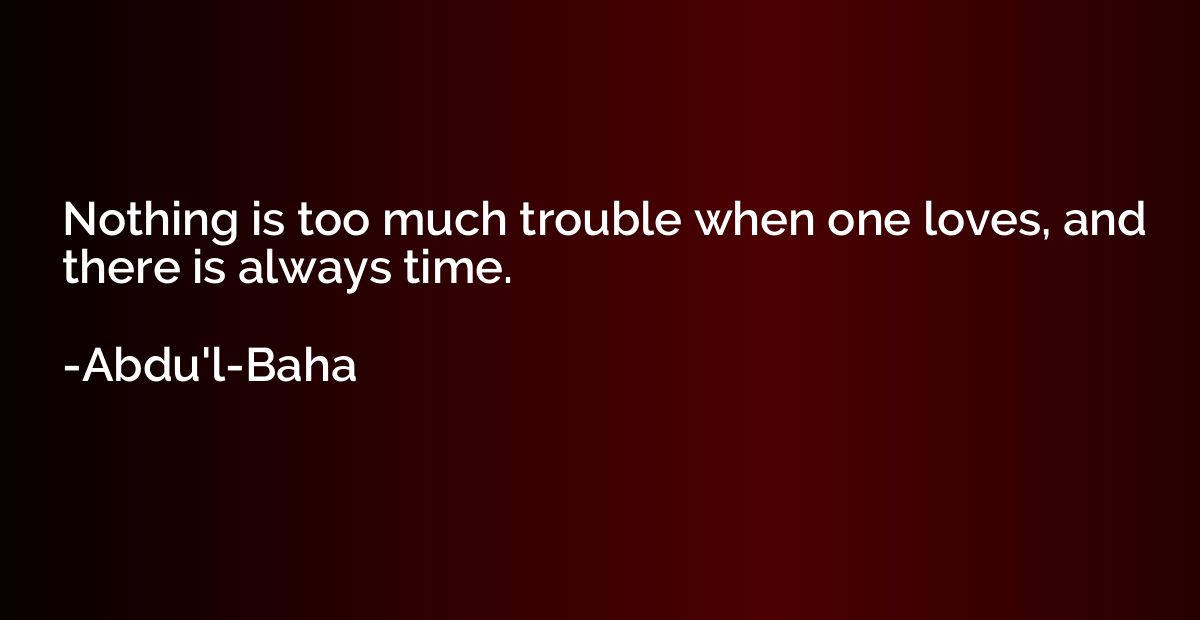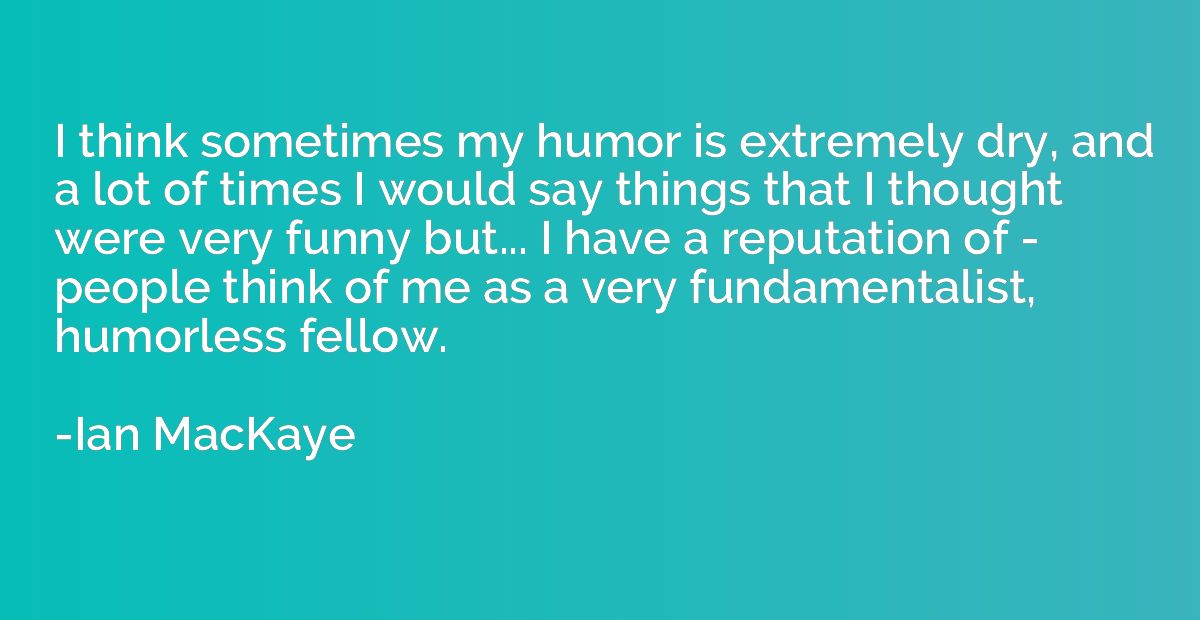Summary
This quote emphasizes the importance of perspective and contentment. It suggests that it is better to have a clear and accurate understanding of one's circumstances, even when they may seem modest or limited, than to have distorted views while being in possession of great wealth. It emphasizes the value of being able to see things clearly and appreciating what one has, rather than being consumed by excessive richness while lacking the ability to truly perceive and enjoy it. Ultimately, it promotes the idea that true happiness and fulfillment can be found in having a genuine understanding and appreciation of life's simple joys.




